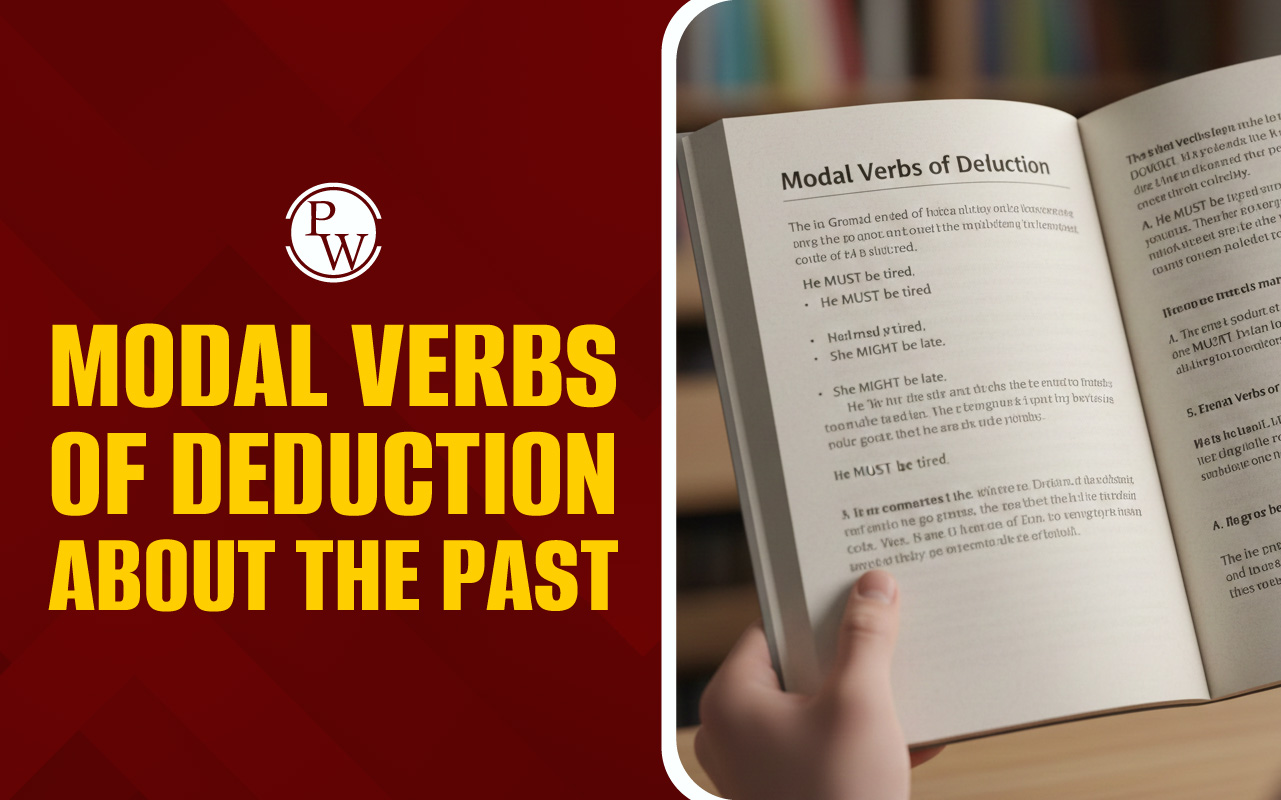
How Many Words for IELTS Writing: The IELTS Writing Tasks have specific word count requirements. Understanding the IELTS Writing word count requirement is very important for success in the test. An ideal writing task should not either too long or too short. In either case, the chances of losing marks are very high. Therefore, maintaining the proper word count is necessary. Here, we will discuss how many words for IELTS Writing, and why it is important to maintain word count, IELTS Writing word count rules, warnings, and more.
Explore - IELTS Online Coaching
How Many Words for IELTS Writing?
The minimum word count for IELTS Writing tasks—Task 1 and Task 2 is different. The minimum word count for IELTS Writing Task 1 is 150 words. Whereas, the minimum word count for IELTS Writing Task 2 is 250 words. This applies to both Academic and General Training formats.
The IELTS Writing tasks have no official upper word limit. However, writing too much can degrade your answer quality and reduce your IELTS band score significantly.
IELTS Writing Word Count Rules
IELTS examiners follow strict marking guidelines for the word count. Here are the core rules you should know:
-
Fewer than 150 words in Task 1 will result in a penalty.
-
Fewer than 250 words in Task 2 will also lead to a score reduction.
-
The examiner will stop reading after the time limit is up, so long essays may not be fully read.
-
The title or any copied text from the question is exempt from the word count.
-
Hyphenated words (e.g., “well-known”) are usually counted as one word each.
IELTS Writing Scoring, Marking Scheme and Score
Recommended Essay Length
The minimum word count is provided in the question clearly. Candidates should always aim for a slightly higher number is usually safer. Here’s a recommended word range for each task:
|
Task |
Minimum Word Count |
Recommended Range |
|---|---|---|
|
Task 1 |
150 words |
160–180 words |
|
Task 2 |
250 words |
260–290 words |
Try to provide enough detail and development within the provided word limit without risking the quality of your writing. It is also beneficial for proofreading and reviewing within the given time.
Word Count Warning
If you write fewer words than required, the consequences can be serious.
Consequences of Underlength Responses:
-
Task 1: You may fail to include all required features (e.g., data comparisons, summaries).
-
Task 2: You may not fully develop your argument or address all parts of the question.
Consequences of Overlength Responses:
On the other hand, going too far over the word count can lead to other issues:
-
Time pressure: You might not leave enough time for proofreading.
-
Loss of focus: Longer essays tend to include off-topic or repetitive content.
-
Increased errors: The more you write, the more chances you have to make grammatical or vocabulary mistakes.
100 IELTS Essay Questions, Types, Preparation Tips
Will You Get a Higher Score for a Longer Essay?
No, you will not get a higher score for writing more. It’s a common myth that writing more automatically leads to a higher band score. In IELTS Writing Tasks, quality matters more than quantity.
-
Band descriptors emphasize clarity, coherence, grammar accuracy, and lexical resource, not length.
-
A longer essay with repetition or poor structure will score lower than a shorter, well-organized one.
-
Writing more often means rushing, leading to careless errors.
Examiners are trained to evaluate how well your response meets the task, organizes ideas, and uses language. Writing more might help only if your content is meaningful, clear, and relevant.
Also Read:
- IELTS Writing Task 1
- IELTS Writing Task 2
- IELTS Writing Task 2 Sample Answer, Tips and Mistakes to Avoid
Points to Remember
To ensure your IELTS Writing tasks meet the expected standards, remember these important points:
-
Plan before you write. Spend 3–5 minutes organizing your ideas and structure.
-
Practice writing to a word count. Get used to estimating word lengths so you can avoid constant counting.
-
Don’t memorize entire essays. Focus on flexible language and structure that can adapt to any topic.
-
Keep your writing concise. Avoid unnecessary fillers or repeated phrases.
-
Leave time to review. Proofreading helps you fix grammar, spelling, and punctuation errors.
Guidance of PW IELTS
Physics Wallah offers multiple online IELTS courses for all students. Follow the IELTS pages to better prepare for the exam.
| What is IELTS Exam? | Documents Required for IELTS Registration |
| IELTS exam eligibility requirements | IELTS Exam Fees |
| IELTS test results | IELTS Exam Pattern |
Word Count Guidelines for IELTS Writing FAQs
What is the minimum word count for IELTS Writing Task 1?
How many words should I write for IELTS Writing Task 2?
What happens if I write fewer words than required?
Does writing more words increase my score?
Are titles or copied words from the question counted in word count?







